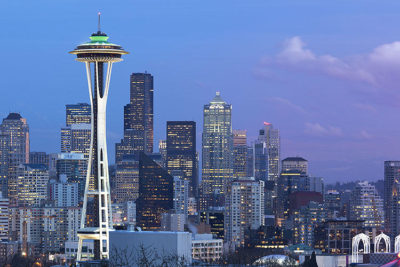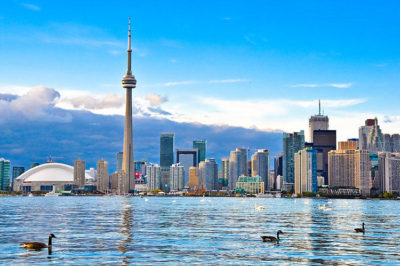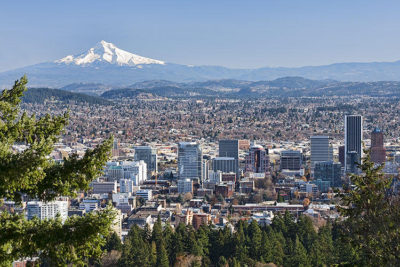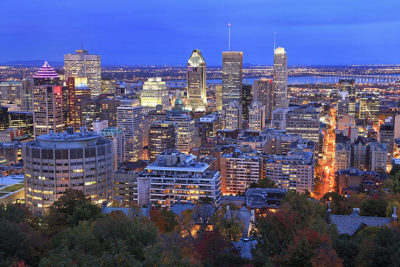Top 10 Smart Cities in North America
Today’s cities demand 21st century solutions to accommodate their growing populations in ways that not only maintain the quality of life, but also improve it. That’s where smart cities come in. Smart cities find ways to become more efficient, to deliver more services via mobile technology, to optimize existing infrastructure, and to leverage citizen participation to create better land-use decisions and to break down bureaucracy in order to stimulate a creative, entrepreneurial economy. Here are the top ten smart cities in North America:

1. Seattle, WA
Seattle led the pack in Smart Economy and Smart Government rankings while coming in second behind Washington, D.C. in the Smart People category. Seattle is also home to lots of sustainability innovation and the home to the Bainbridge Graduate Institute, one of the world’s leading master’s program dedicated to sustainable innovation and entrepreneurship.
2. Boston, MA
Boston has an incredibly smart and innovative population, boasting more than 70 universities and leading North America in both patents per capita and venture capital investment per capita. Boston’s former mayor Thomas Menino was a big driver in the innovation agenda through the launch of the Innovation District, the creation of the Office of New Urban Mechanics, and support for acceleration programs, like the MassChallenge.
3. San Francisco, CA
The Bay Area entrepreneurial ecosystem is moving away from Silicon Valley and towards San Francisco itself. Much like Boston’s Office of New Urban Mechanics, San Francisco has a mayor’s office dedicated to civic innovation. Of course, for years San Francisco has been a leader in embracing sustainability and smart urban development as evidenced by their regular spot in the top of North American green cities rankings. San Francisco reports having 302 LEED certified buildings, which would place them in the upper echelon of North American cities.
4. Washington D.C.
Experts in the smart cities seem to agree that smart mobility is critical to improving the quality of life for citizens while reducing greenhouse-gas emissions from the transportation sector. D.C. came out in second behind only New York in the use of biking, walking, and public transit (54.6%) for daily commuting.
5. New York, NY
New York has pioneered the adoption of electric vehicles, embraced green and smart urban regeneration, and fostered a strong entrepreneurial ecosystem (Silicon Alley). New York has a significant number of universities and university-educated population and has been a leader, through outgoing Mayor Bloomberg’s commitment to initiatives like C40, in promoting the low-carbon economy.
6. Toronto, CANADA
Toronto continues to be a leader in Canada across several fronts. Like other major cities on this list, Toronto has continued its commitment to smart densification with its ongoing transformation of its previously contaminated waterfront area.
7. Vancouver, CANADA
Vancouver recently developed an ambitious $30 million plan to become a major player in smart cities by focusing on nine key priorities ranging from more open data and increased digital services delivery to the launch of an ICT incubator.
8. Portland, OR
Portland has long been a leading player in the green cities arena, with innovations such as green roof standards, home an office of the paradigm shifting Living Building Institute, and also pioneering the development of eco-districts. On the mobility front, they have a fantastic set of clean, accessible public-transit options, particularly within the city.
9. Chicago, IL
Chicago is dedicated to being a green building leader, and with 405 certified LEED buildings, they are putting their money where their mouth is. Chicago also has an ambitious bike-sharing program, with 4,000 bikes and 400 solar-powered bike stations.
10. Montreal, CANADA
Citizen engagement is critical to smart cities. In 2010, Montreal passed a bylaw which allows anyone who obtains 15,000 signatures to trigger a public consultation process on any topic. The first group of citizen activists to leverage this process obtained 25,000 signatures to generate an open public debate about how to support the increasing use of urban agriculture.
Source: FastCoexist



